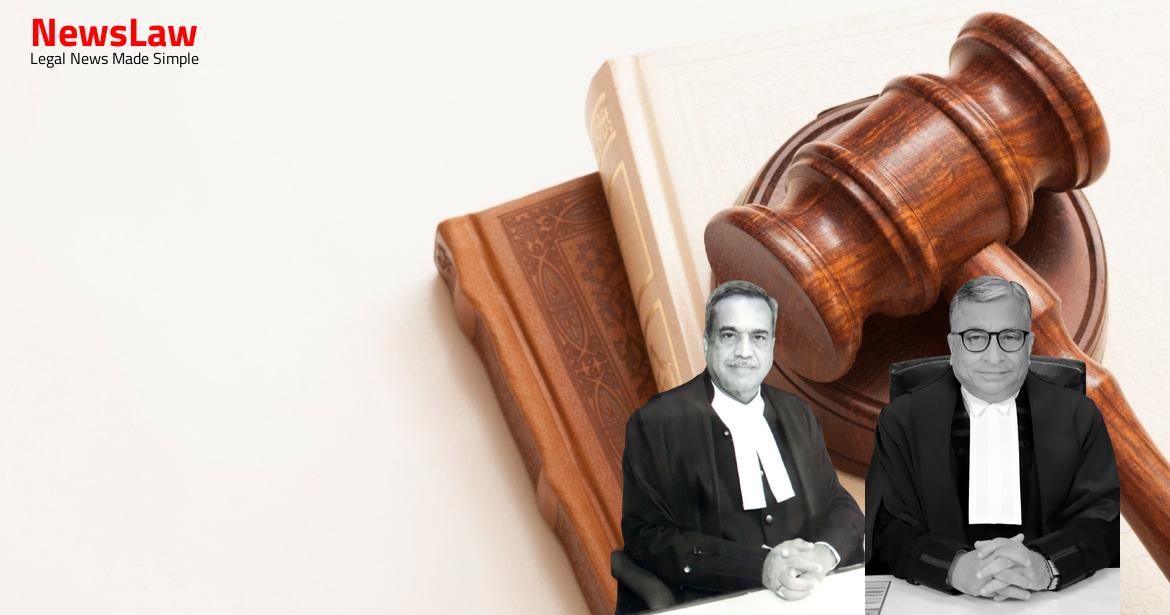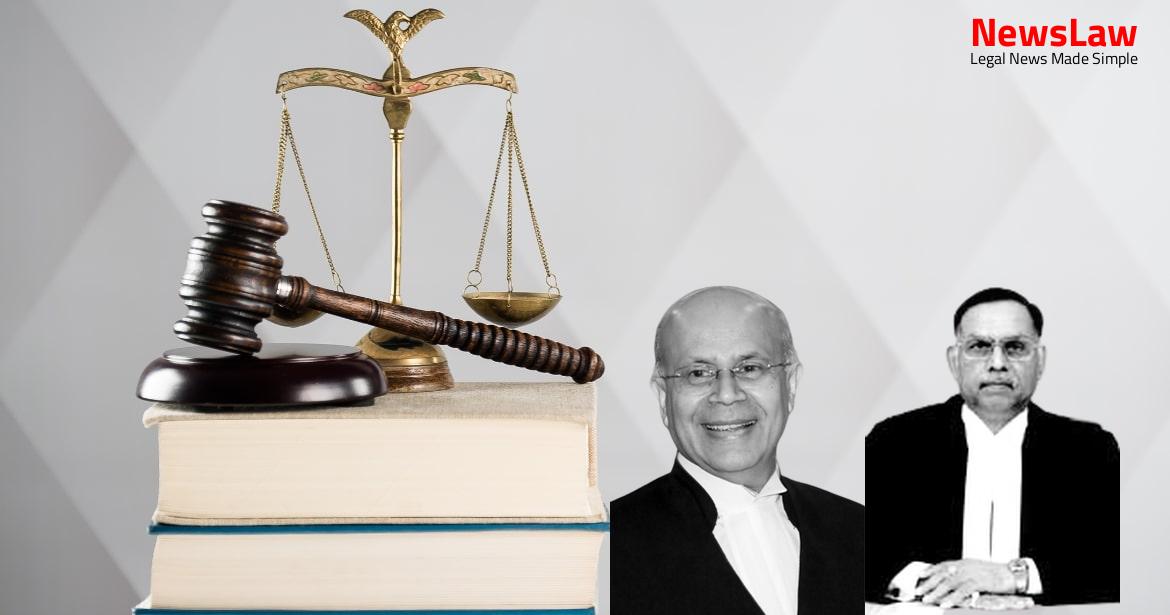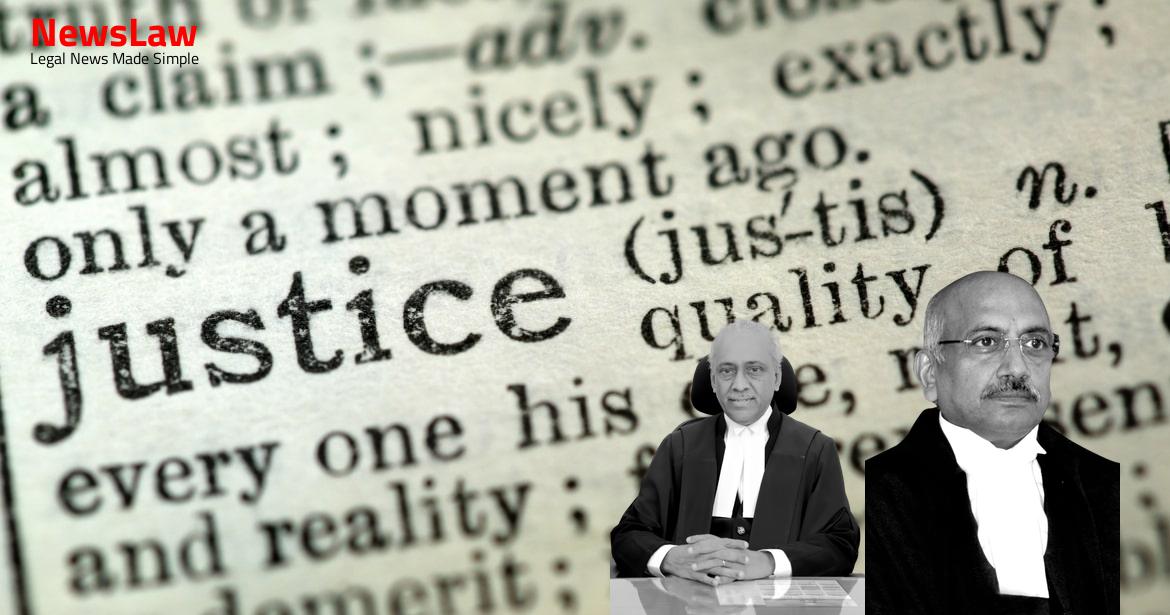Explore the meticulous legal analysis conducted by the court in interpreting tax statutes and the emphasis on strict compliance with statutory obligations. The recent judgment underscores the importance of adhering to payment deadlines for statutory liabilities to prevent misuse of deductions. Join us in unraveling the complexities of tax law and the implications of non-compliance with statutory requirements.
Facts
- The assessee’s pleas were unsuccessful before the Income Tax Appellate Tribunal (ITAT).
- The Assessing Officers had ruled that the appellants had belatedly deposited their employees’ contribution towards the EPF and ESI.
- The due dates under the relevant acts and regulations were considered in the assessment.
- The AO ruled that sums received by the appellants constitute ‘income’ as per Section 36(1)(va) read with Section 2(24)(x) of the IT Act.
- The Gujarat High Court rejected the pleas in the impugned judgment.
Also Read: Balancing Power and Transparency: Electoral Bonds Struck Down, Disclosure Mandated
Issue
- The common question in all appeals is the interpretation of Section 36(1)(va) and Section 43B of the IT Act.
- The issue involves whether the appellant assesses are entitled to deduction for amounts deposited towards EPF under the EPF Act and EPF Scheme.
Also Read: Recall of Resolution Plan Approval: Legal Analysis
Arguments
- The deletion of the second proviso to Section 43B was intended to give relief to the assesses.
- Section 2(c) of the EPF Act establishes that the contribution payable by the employer is a composite amount that includes both the employer’s and the employee’s contributions.
- Section 30 of EPF Act outlines the employer’s responsibility to pay both their own contribution and the employee’s contribution.
- Regulation 31 of the ESI Regulations specifies the time for payment of contributions.
- The second proviso to Section 43B imposed strict conditions on deductions for employer contributions which were later omitted in 2003.
- The Revenue argued that deductions for employee contributions were not entitled if not deposited by the due date, a view not supported by various High Courts.
- The judgement in Alom Extrusions highlighted the inconvenience caused to assesses, resulting in the omission of the second proviso to Section 43B.
- The Finance Act, 2003 amendment allowed deductions for employer contributions deposited before the due date of filing returns.
- The Employer’s and Employee’s contributions must be paid together as a single payment under the EPF Act and ESI Act.
- The courts in Gujarat and Kerala had differing views compared to Alom Extrusions on the interpretation of Section 43B.
- The deletion of the second proviso to Section 43B was considered curative and therefore retroactive.
- The philosophy behind Section 43B was to ensure actual payment of specified statutory dues before a particular date.
- IT Act differentiates between employees’ and employers’ contribution to PF account.
- In the present cases, the issue concerns employees’ contribution to PF account.
- ASG argued that Alom Extrusions involved the employer’s contribution to PF account.
- No fiscal consequence of taxing PF should occur if dues are deposited before filing the return.
- Omitting the second proviso in Section 43B aimed to avoid the difficulties faced by assessees.
- The Kelkar’s Committee’s recommendations led to the 2003 amendments, which could be negated if Revenue’s views prevail.
- Pragmatic and fair interpretation urged by Mr. Kapoor.
- Deposits after the due date could lead to fines or adverse consequences.
Analysis
- Section 43B provides for deductions to be availed by the Assessee for liabilities accruing in the previous year without actual payment.
- A statute must be followed in the manner prescribed without assumptions.
- A taxing statute cannot be interpreted based on presumptions.
- No tax shall be levied or collected except by authority of law.
- Penal statutes impacting life and liberty must be strictly interpreted.
- There is no equity in taxation.
- Judgment in Allied Motors (P) Ltd. is binding and held Finance Act, 2003 operates retrospectively.
- Examples of High Courts applying strict interpretation in tax cases are mentioned.
- Taxation statutes are to be interpreted strictly with no room for equitable considerations.
- Conditions for deductions or exemptions in tax statutes must be strictly complied with.
- Exempting provisions in tax statutes should be construed strictly with no room for intendment.
- In interpreting taxing statutes, one must look squarely at the words of the statute.
- Section 43B mandates certain deductions to be on actual payment only.
- Penal statutes and taxation statutes must be interpreted strictly.
- The analysis delves into the distinctions and implications of various sections of the Income Tax Act, primarily focusing on Section 43B and Section 36(1)(va).
- Section 43B mandates actual payment of deductible amounts rather than mere accruals, aimed at preventing tax evasion.
- The non-obstante clause under Section 43B establishes the priority and mandatory nature of the provision.
- Section 36(1)(va) pertains to contributions deducted from employees’ income, defining the due date for deposit as a condition for deduction.
- The Finance Act of 2003 brought about amendments to ensure timely payments and disallow unpaid statutory liabilities.
- The distinction between employer’s contribution (Section 36(1)(iv)) and employee’s contribution (Section 36(1)(va)) is highlighted.
- The effect of the amendments was to curtail misuse of deductions and standardize treatment across various types of contributions.
- The retrospective application of the Finance Act, 2003 from 1-4-1988 was deemed curative in nature to address compliance issues.
- The legislative intent, as evidenced by circulars and case law interpretations, emphasized the importance of adherence to payment deadlines for statutory liabilities.
- The judgment underscores the necessity of penalizing non-compliance with statutory payment obligations to prevent misuse of deductions.
- The lawmakers’ intent behind the second proviso to Section 43B was to ensure that deductions are allowed only for sums actually paid by the employer as contributions.
- The Finance Act introduced Section 438 to restrict deductions for sums payable by the assessee as an employer by way of tax, duty, or contributions to employee welfare funds to the year in which such sums are actually paid.
- Definitions of ‘contribution’ in various acts and regulations clarify that it includes sums paid by employees and employers to employee welfare funds.
- Parliament clarified that the term ‘sum payable by the assessee as an employer by way of contribution’ includes both employer and employee contributions.
- Deductions for employer contributions to funds are only allowed in the year in which the sum is actually paid.
- Other High Courts holding contrary decisions are deemed incorrect.
- No reason to interfere with the impugned judgment.
- The court finds no infirmity in the approach of the impugned judgment.
Decision
- The appeals are dismissed.
Case Title: CHECKMATE SERVICES P LTD Vs. COMMISSIONER OF INCOME TAX-I (2022 INSC 1069)
Case Number: C.A. No.-002833-002833 / 2016



